When it comes to backcountry skiing, one of the key decisions you'll face is whether to go for short or long skis. The choice between these two options can significantly impact your experience on the snowy slopes. In this blog post, we'll explore the differences between short and long backcountry skis.

The primary distinction between short and long backcountry skis lies in their length. Short skis, typically less than 160 cm, are known for their enhanced maneuverability. On the other hand, long skis, generally measuring 170 cm and above, prioritize stability and improved glide on diverse terrain.What's the main difference between short and long backcountry skis?
Long vs. Short skis – which one are better for beginners?
Absolutely! Short skis can excel in deep powder conditions due to their nimble nature. The reduced surface area allows for quicker and more effective turns, making them suitable for various snow conditions.Are short backcountry skis good in deep powder snow?
Are short skis better for tree skiing and tight spaces?
Yes, short skis are particularly well-suited for navigating through tight spaces and maneuvering around trees. Their compact size allows skiers to easily weave through challenging, narrow terrain, making them an ideal choice for those who enjoy adventurous tree skiing.
Not necessarily. Long skis provide stability and better floatation in deep snow, making them suitable for both beginners and advanced skiers exploring challenging backcountry terrain.Are long skis only for advanced skiers?
Yes, they are generally more efficient for climbing uphill due to their lighter weight and increased maneuverability. If your backcountry adventures involve frequent ascents, shorter skis could be the more practical choice for tackling uphill terrain with greater ease.Are short skis better for climbing uphill than long skis?

What are the main advantages of shorter backcountry skis?
Maneuverability
One of the primary advantages of short backcountry skis is their exceptional maneuverability. With a shorter length, skis allow for quick turns and precise control in tight and challenging terrains. Whether navigating through dense forests, steep slopes, or narrow pathways, these skis provide the agility needed to conquer the backcountry with confidence.
Lightweight and portable
Shorter backcountry skis lightweight and portable, allowing adventurers to effortlessly carry them on their back. The compact size of these skis makes them an ideal choice for those who value efficiency and convenience without compromising on performance.
Easy to use for all skill levels
Whether you're new to backcountry skiing or a pro, these skis are designed for both. They're shorter, which is great for beginners and easy to use, so everyone can have fun exploring the untouched snow.
Efficient climbing and ascending
Short backcountry skis excel in climbing and ascending terrain. Their compact size and lightweight construction contribute to efficient uphill travel, allowing you to conquer ascents with less effort.

Conclusion
To sum it up, using shorter backcountry skis has many advantages that make snowy adventures more enjoyable. They are easy to maneuver in tight spaces and work well in different situations, versatile, fitting both regular boots and snowboard boots, making them convenient for various preferences. Short skis are lightweight and easy to carry, perfect for those who value efficiency without sacrificing performance. Whether you're a beginner or an experienced skier, our Snowfeet* WALKSKI Backcountry Touring Skis | 99 CM are user-friendly and efficient for climbing uphill, ensuring everyone can have a great time in the backcountry.


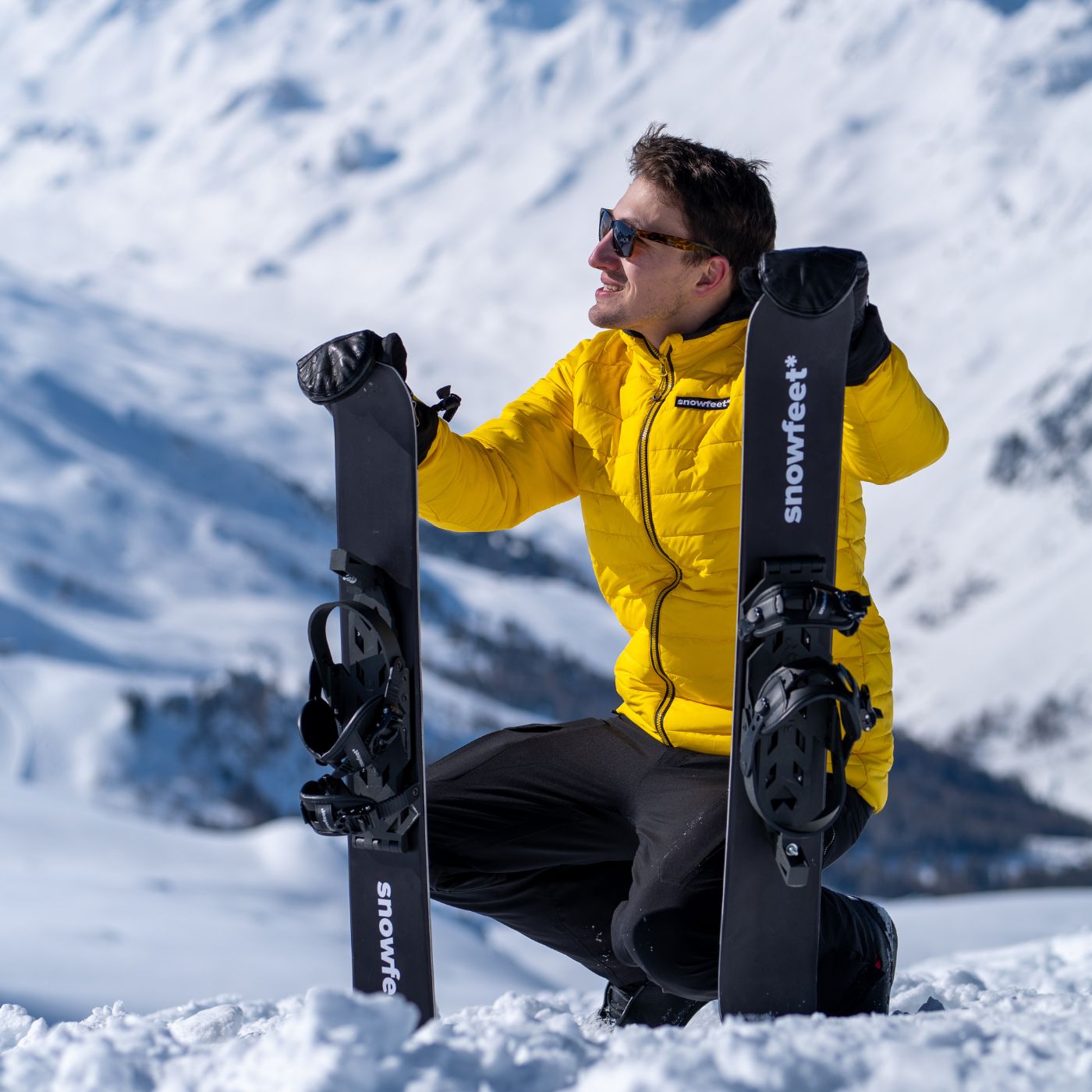
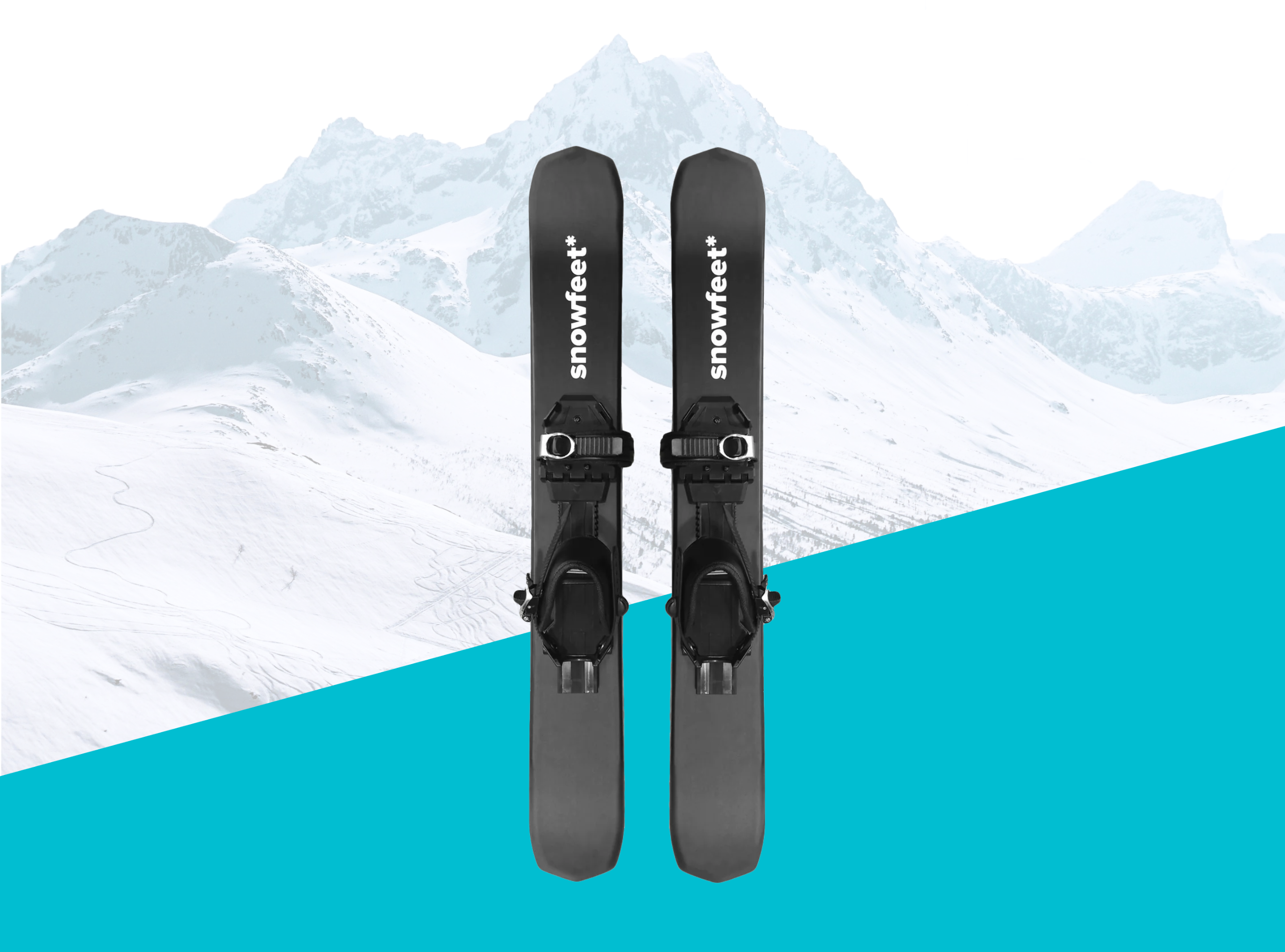
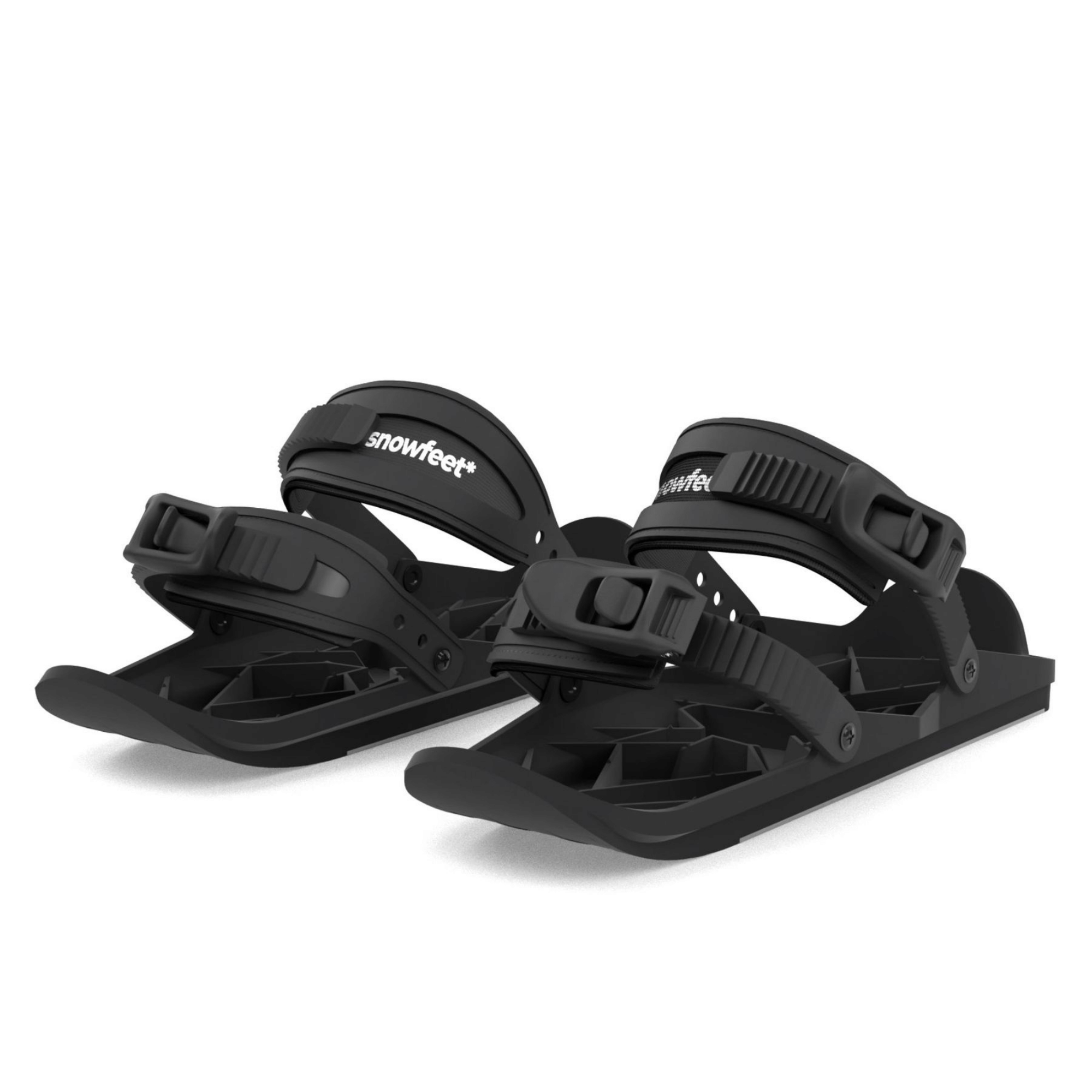
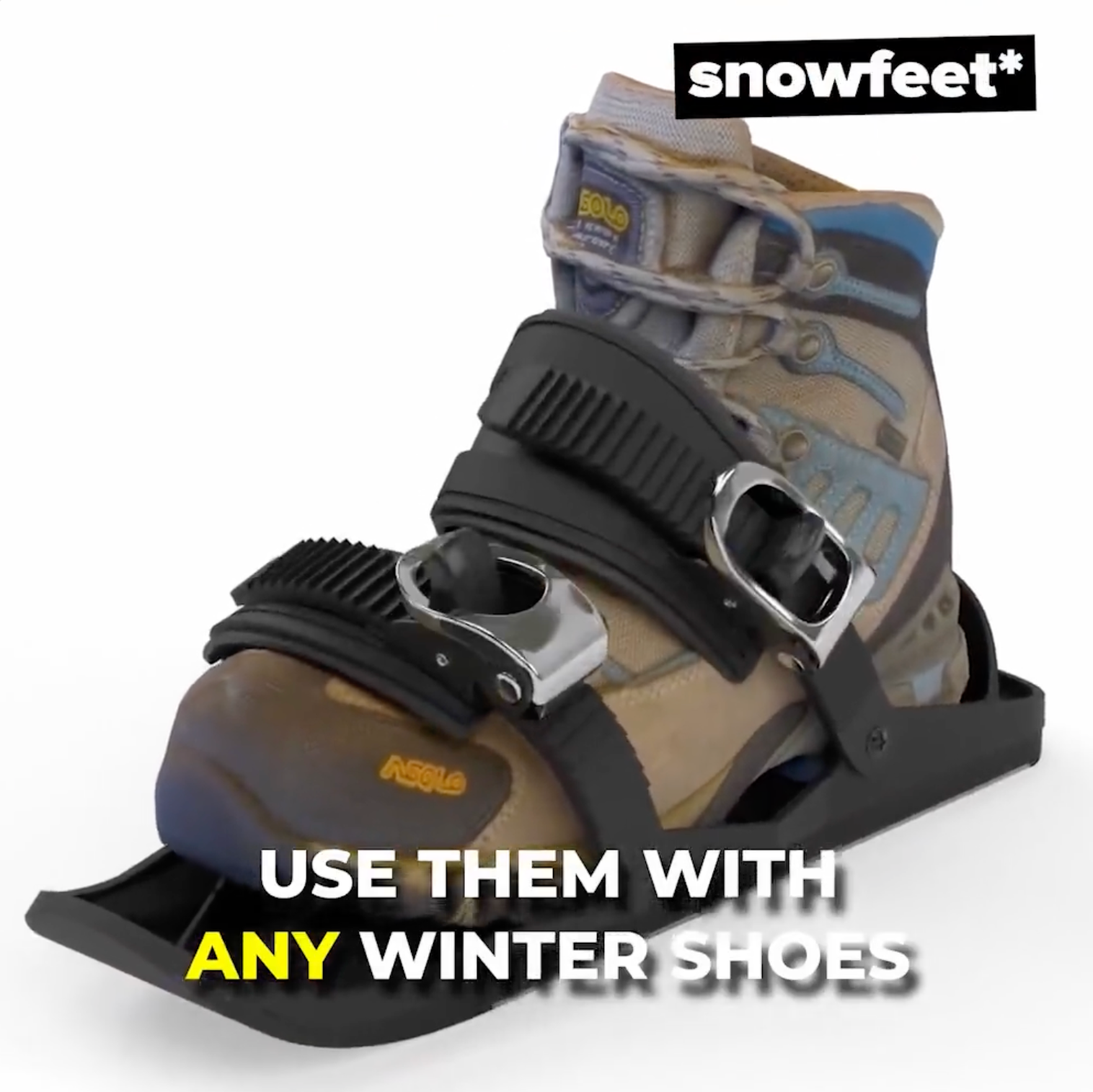
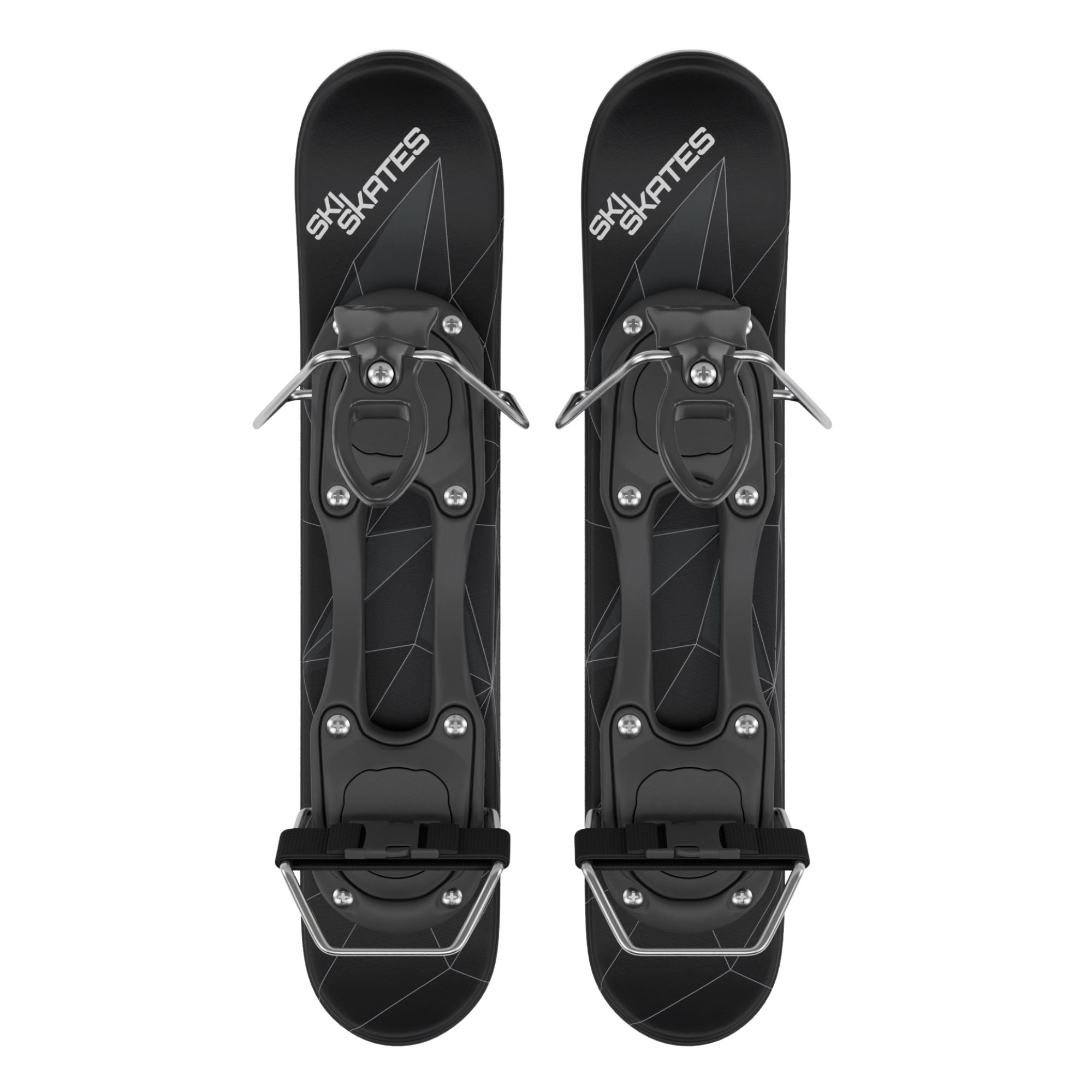
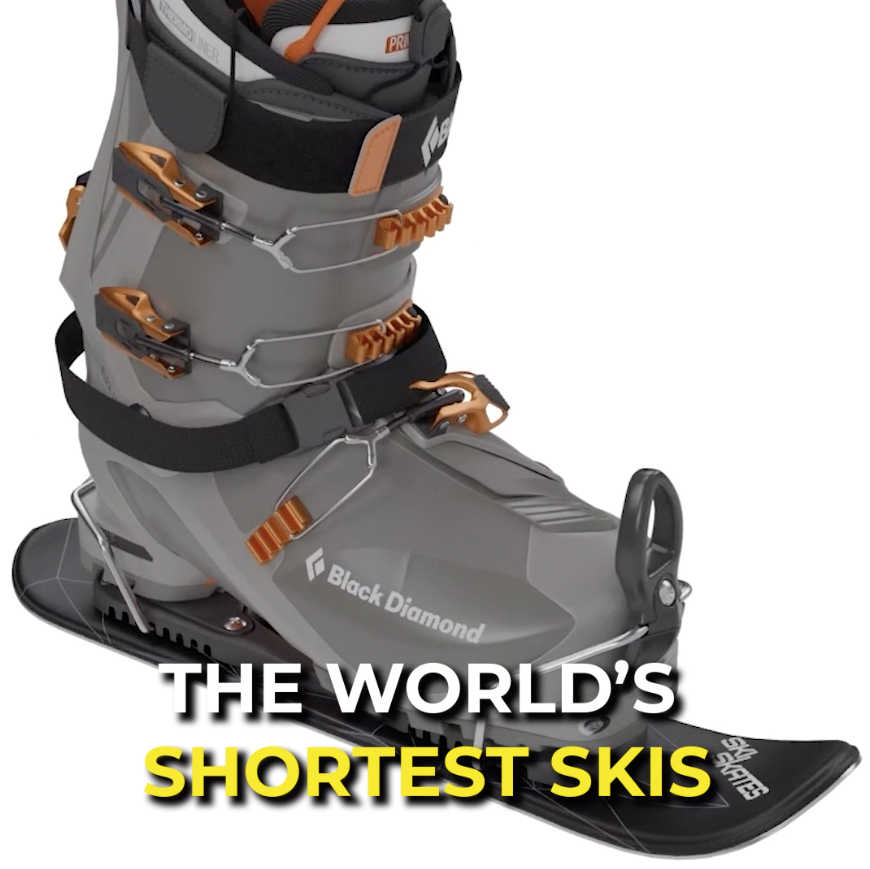
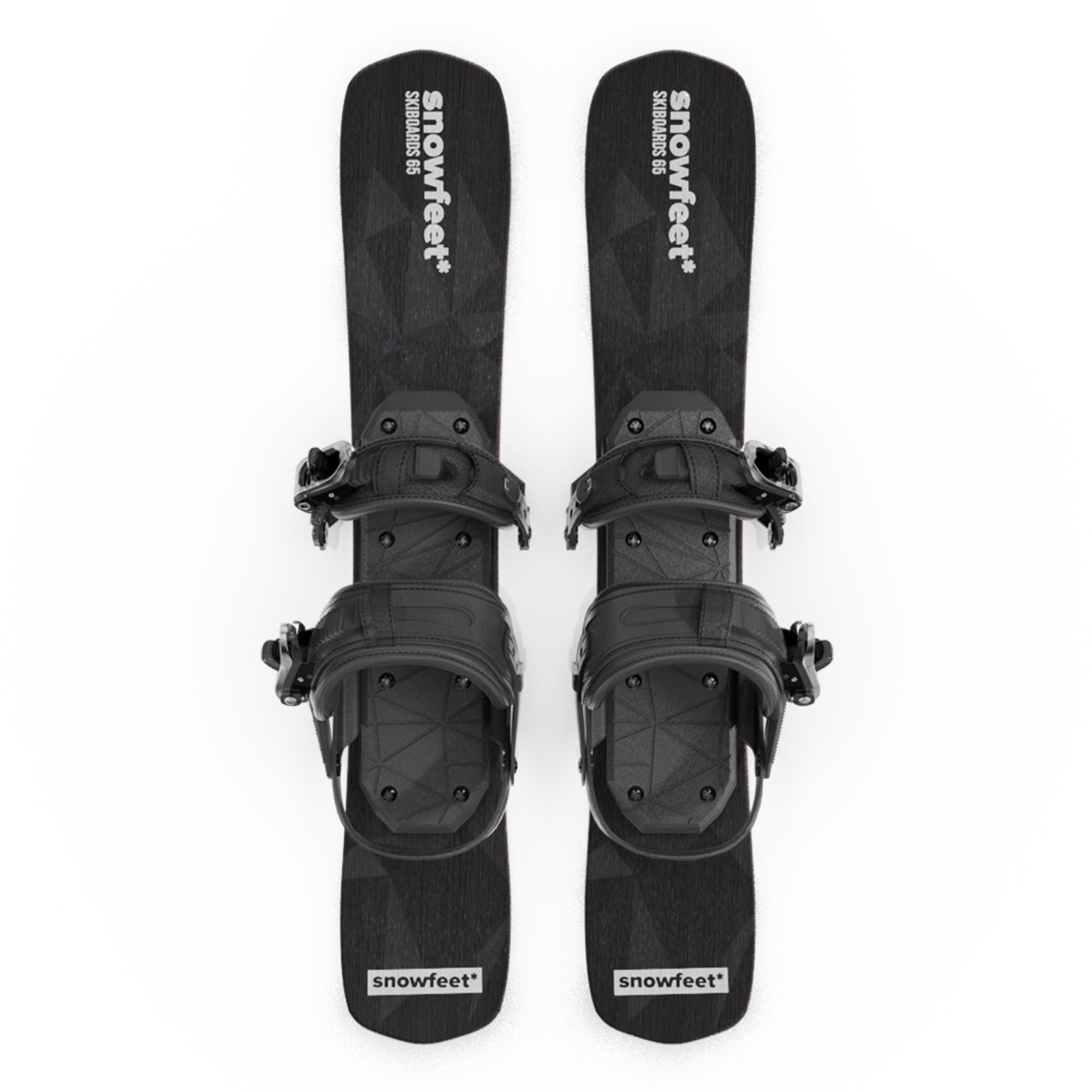
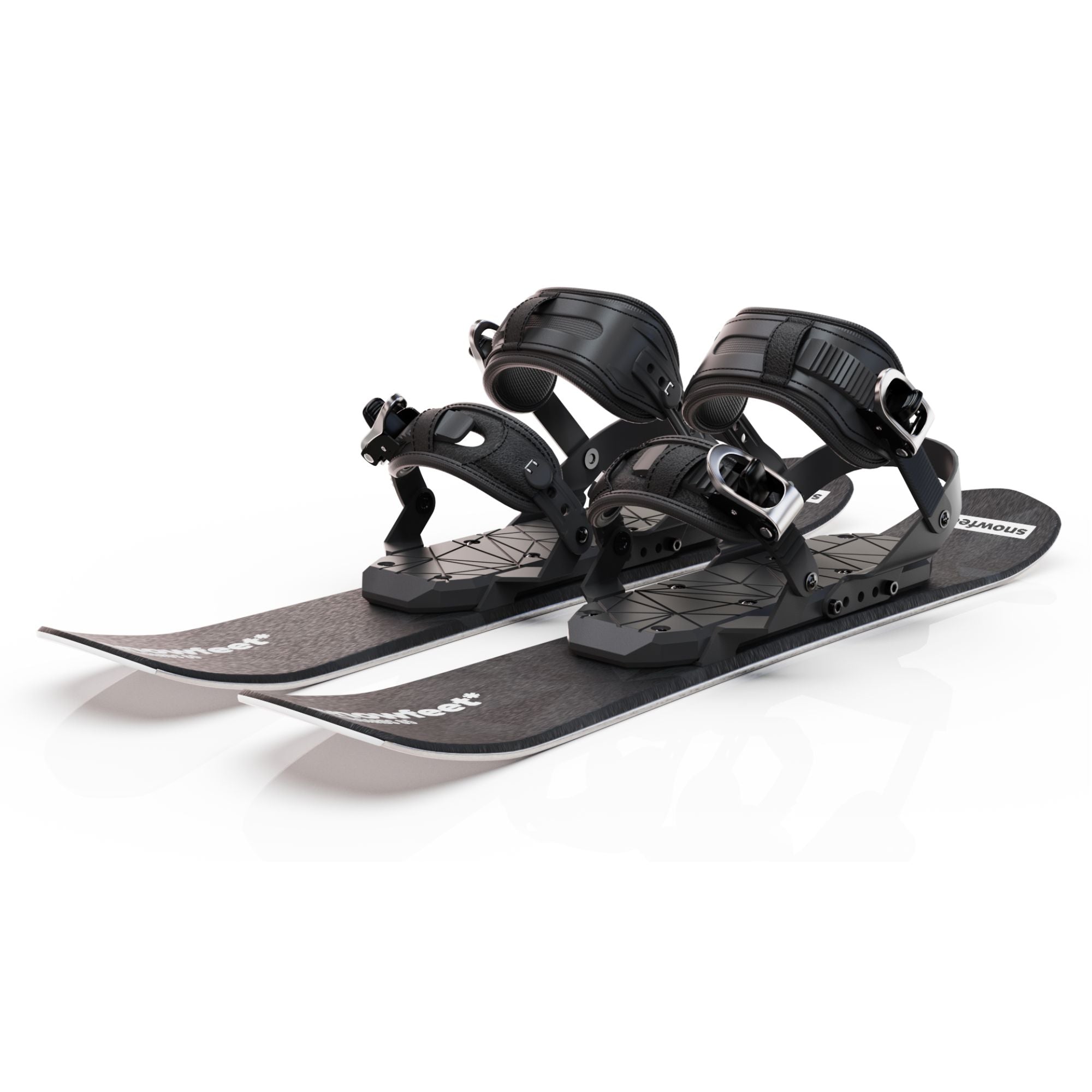
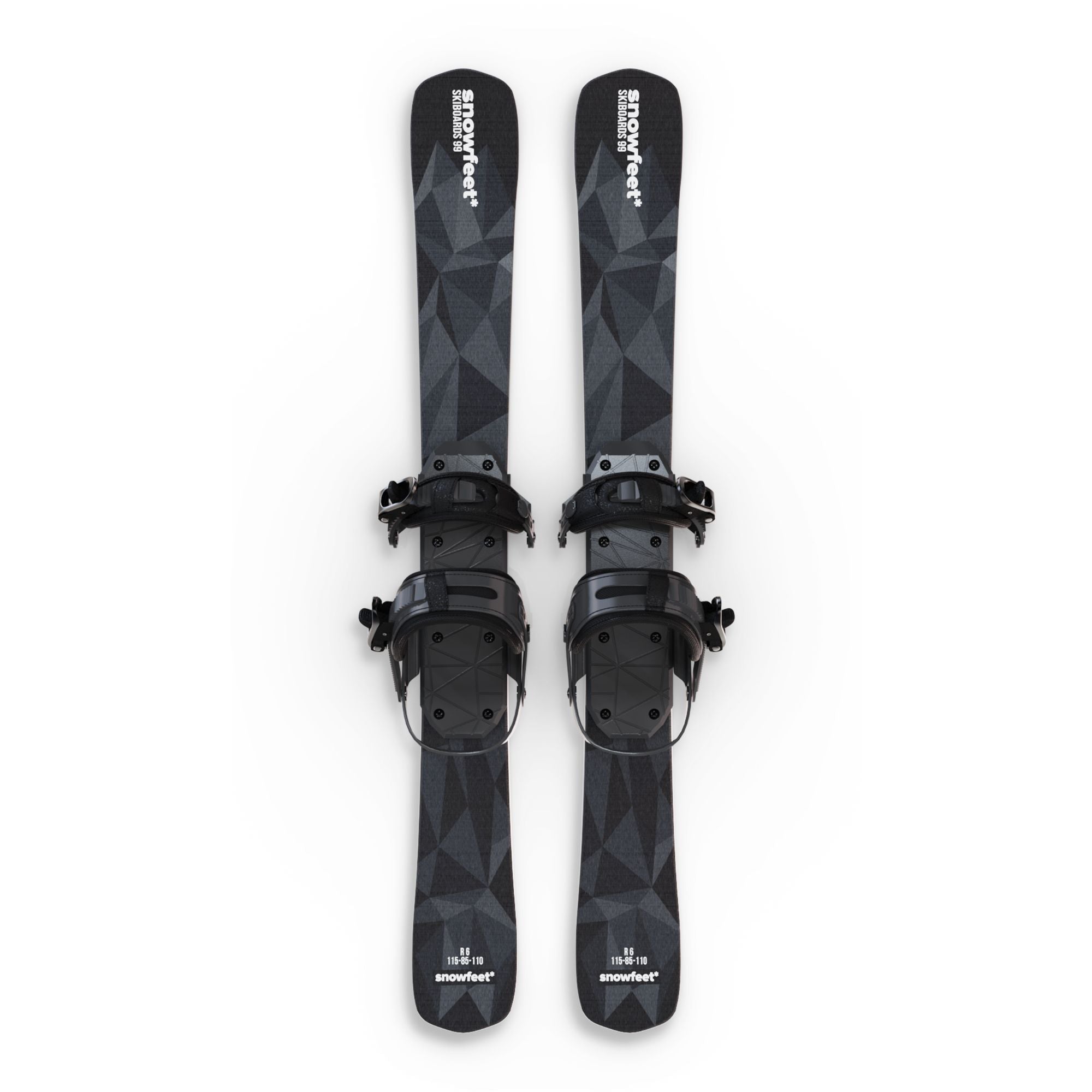
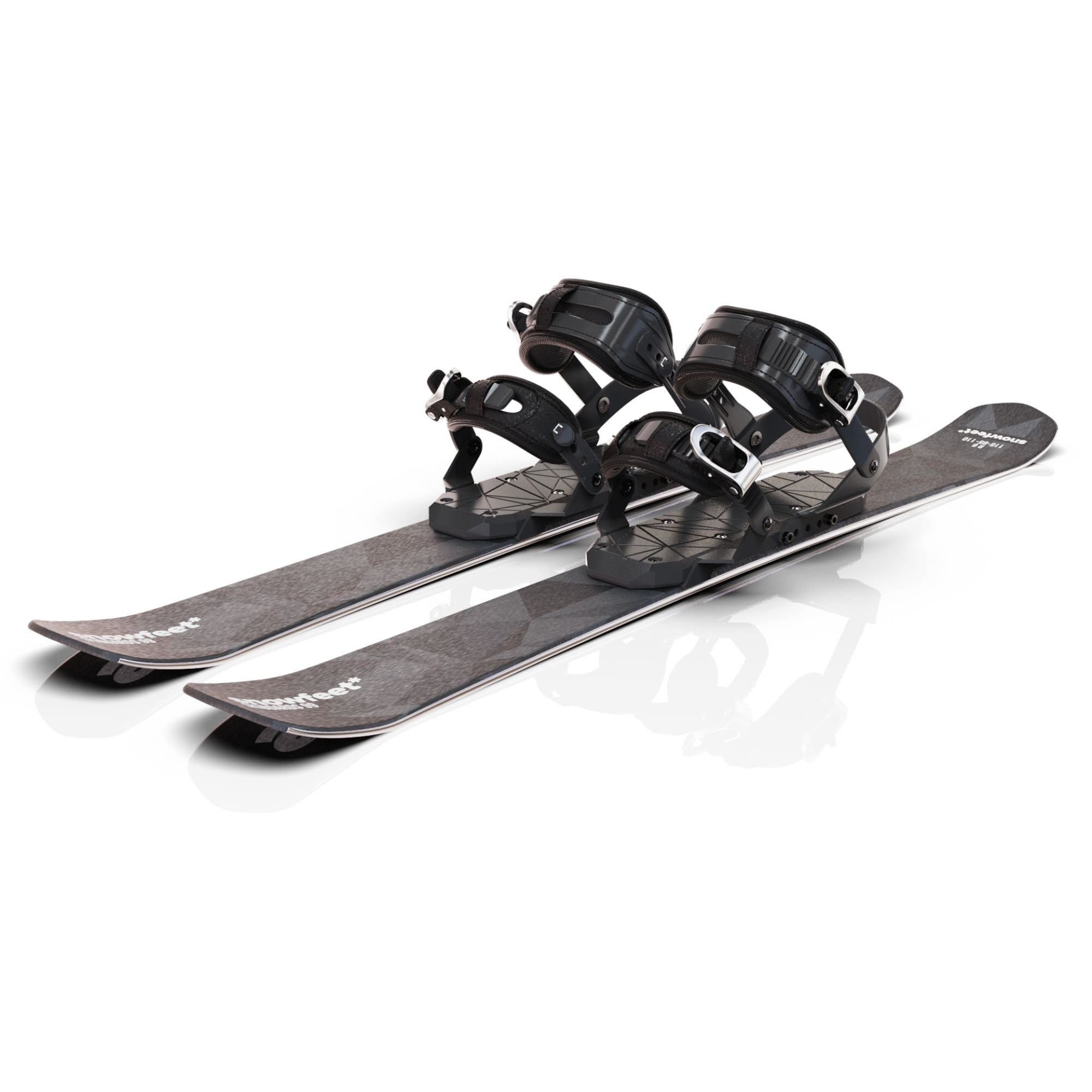
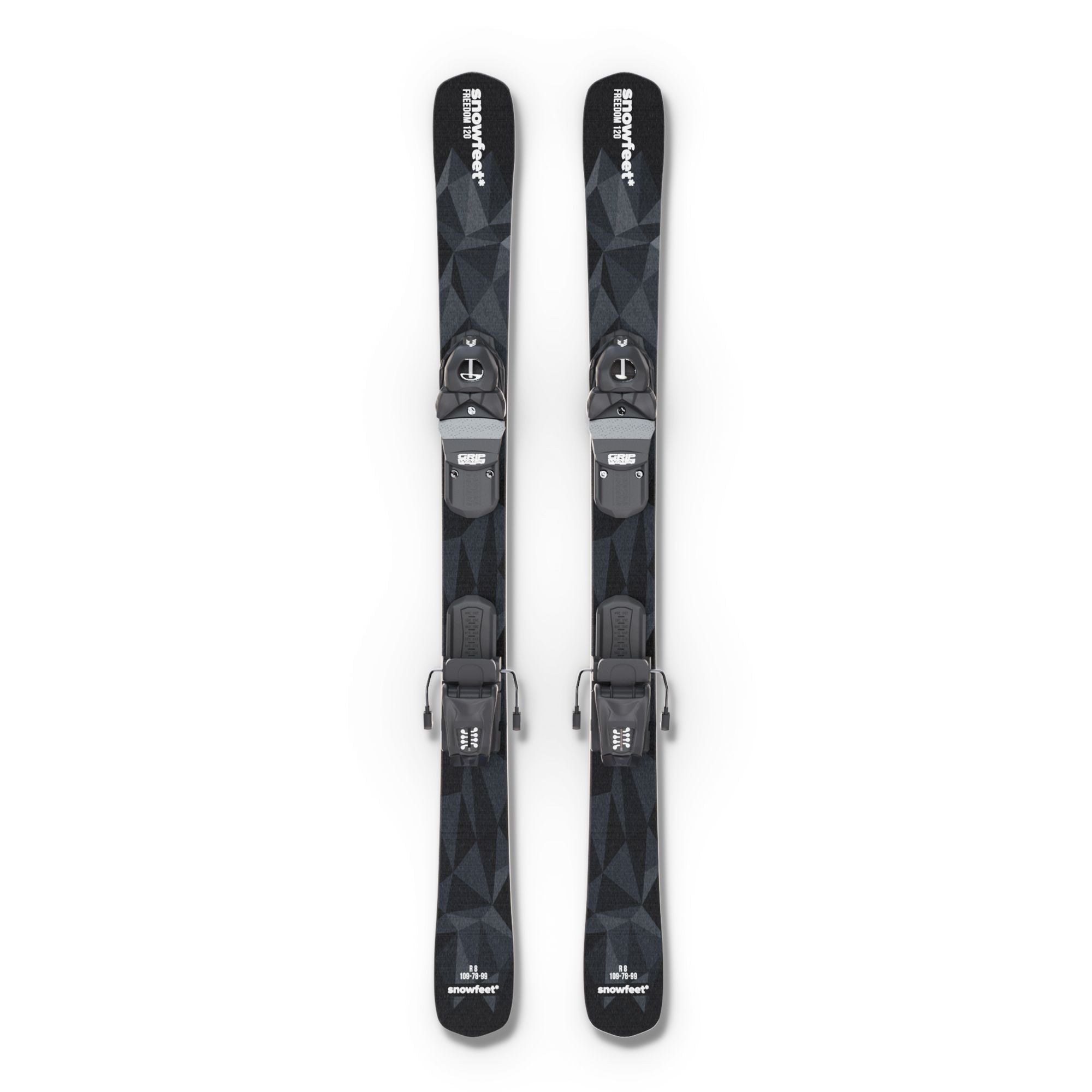
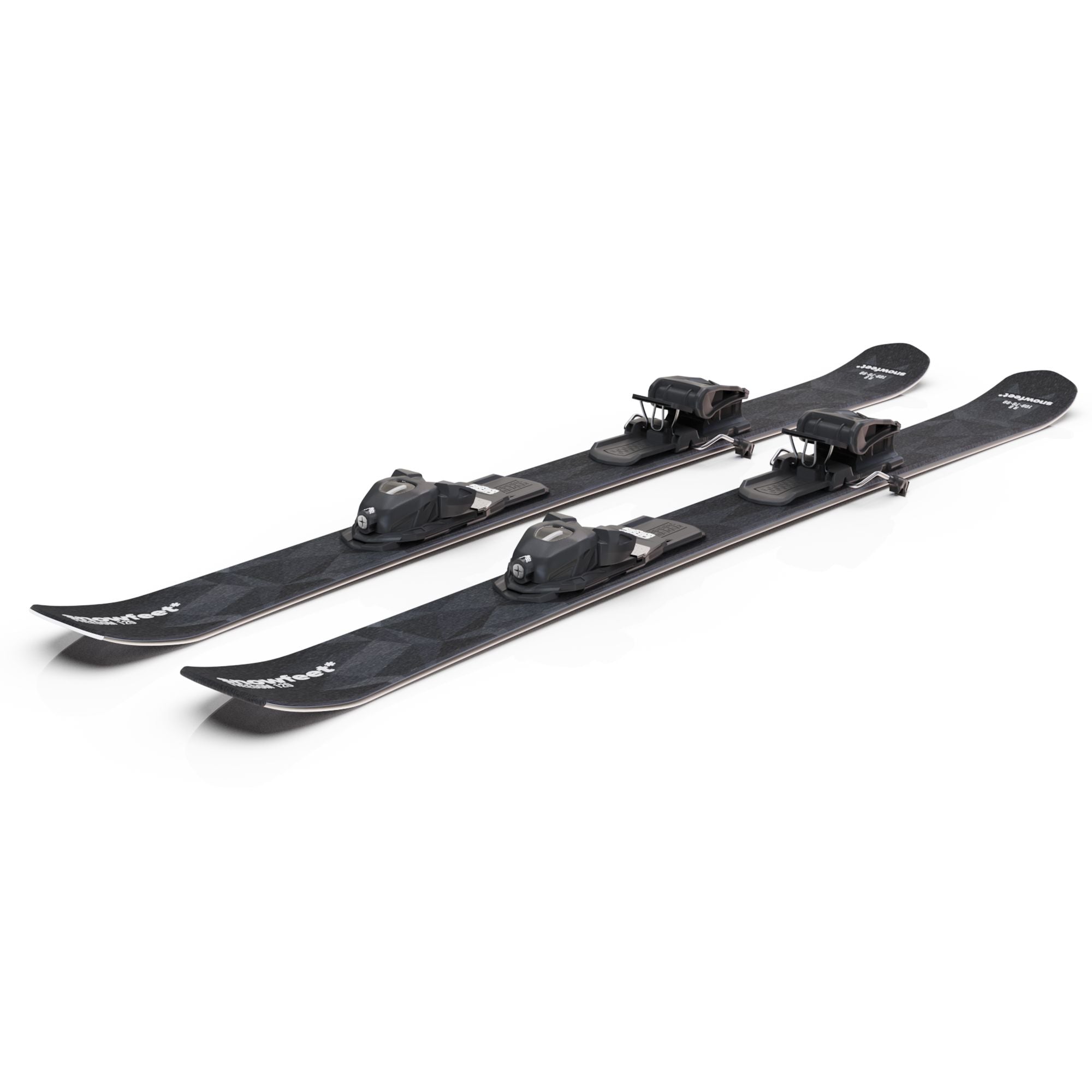
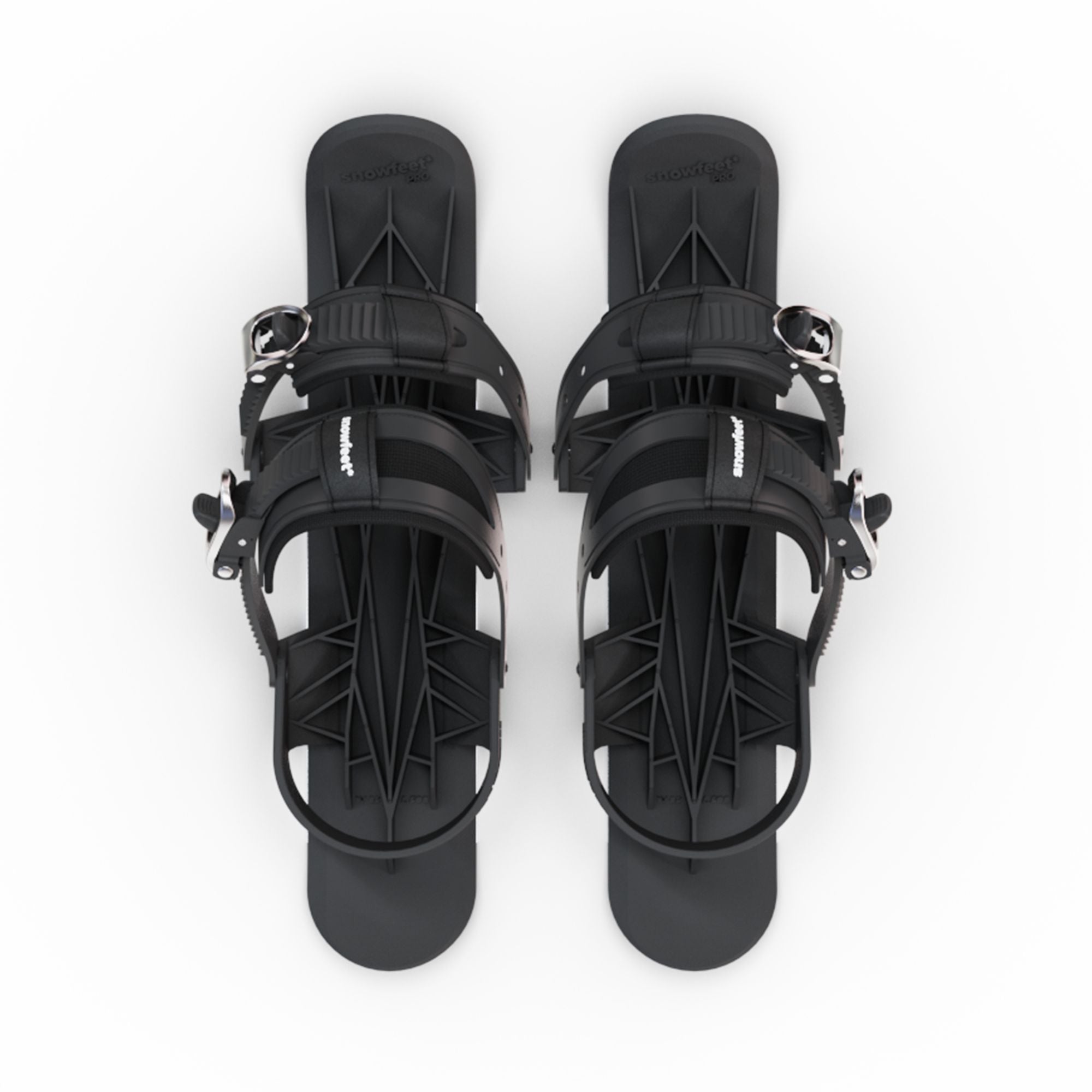
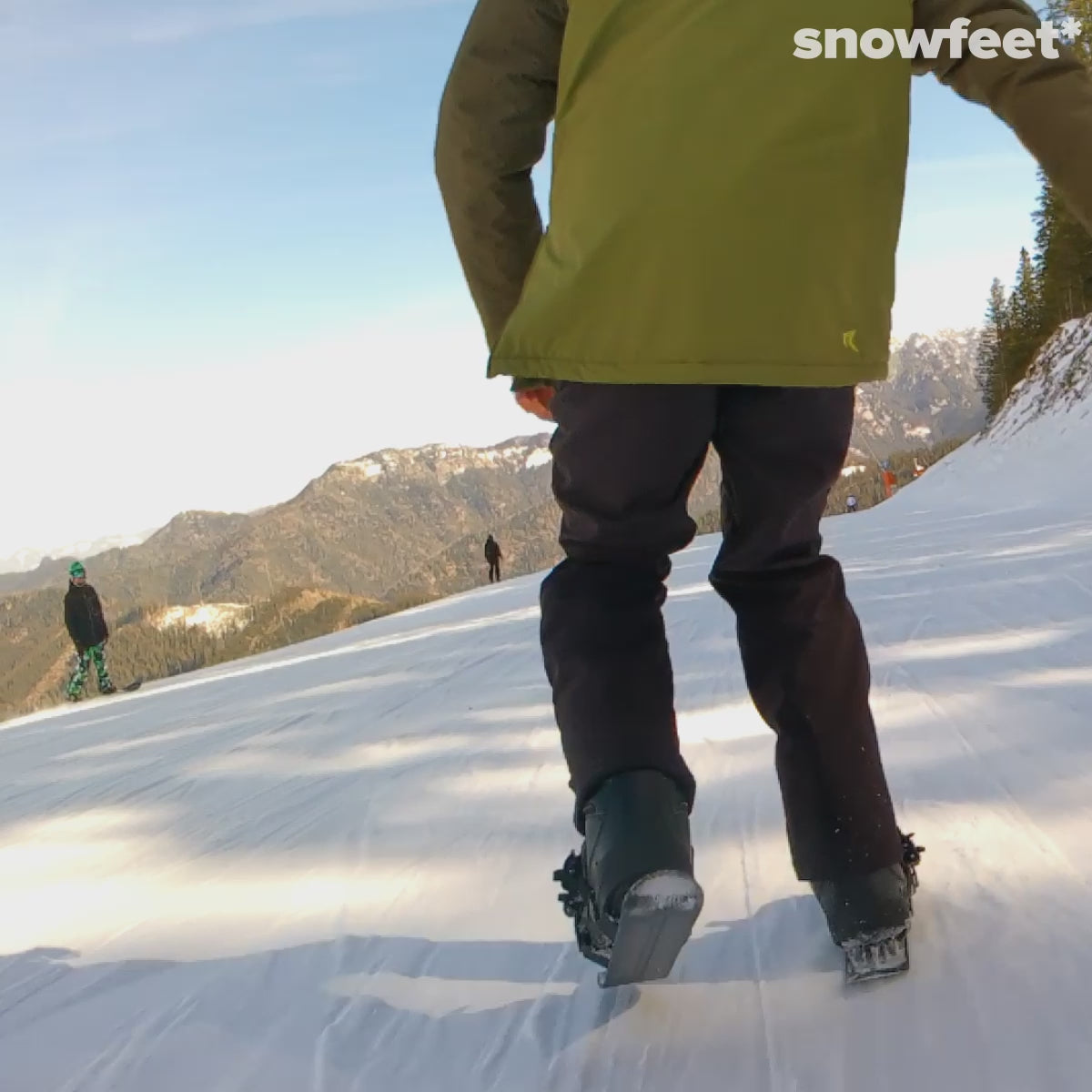
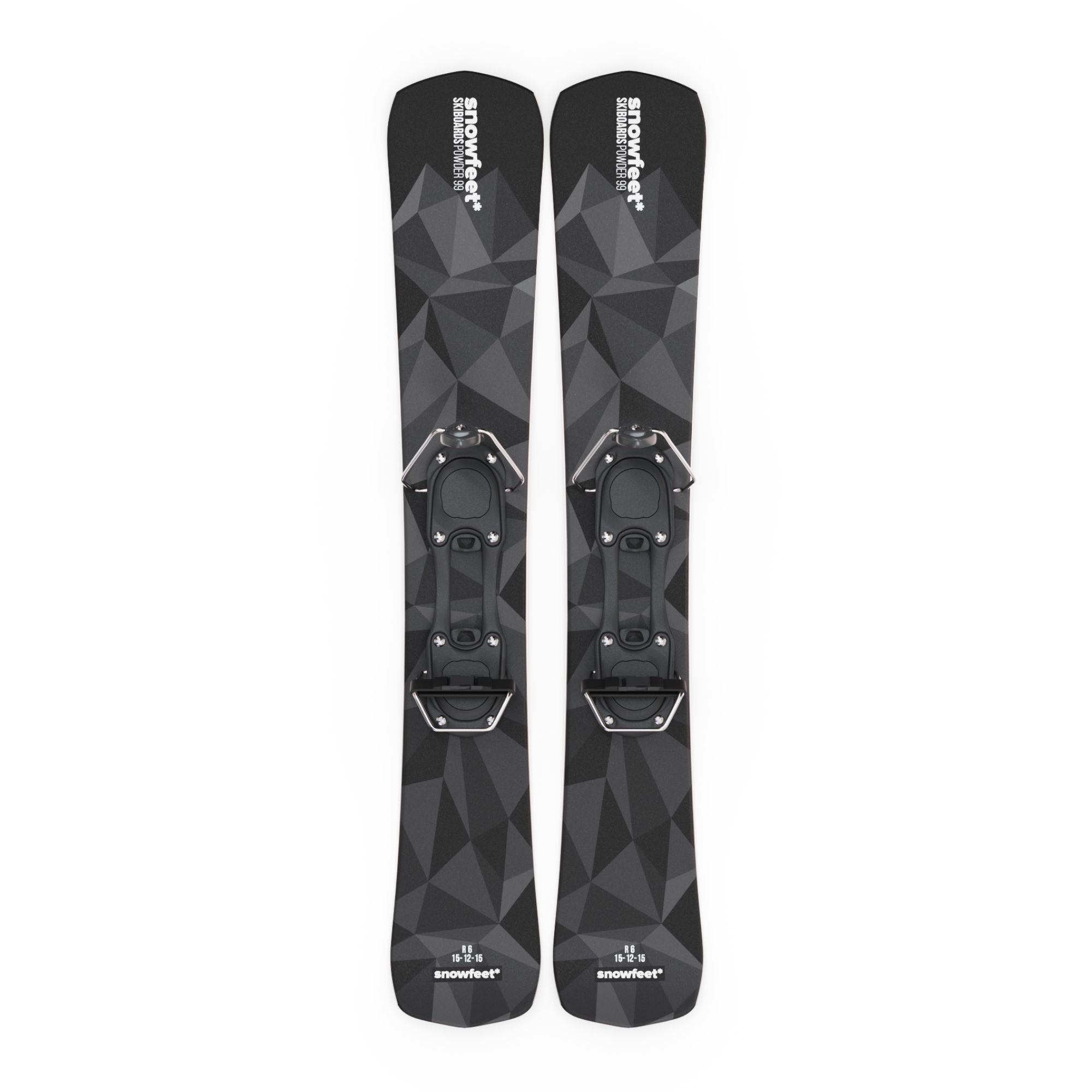
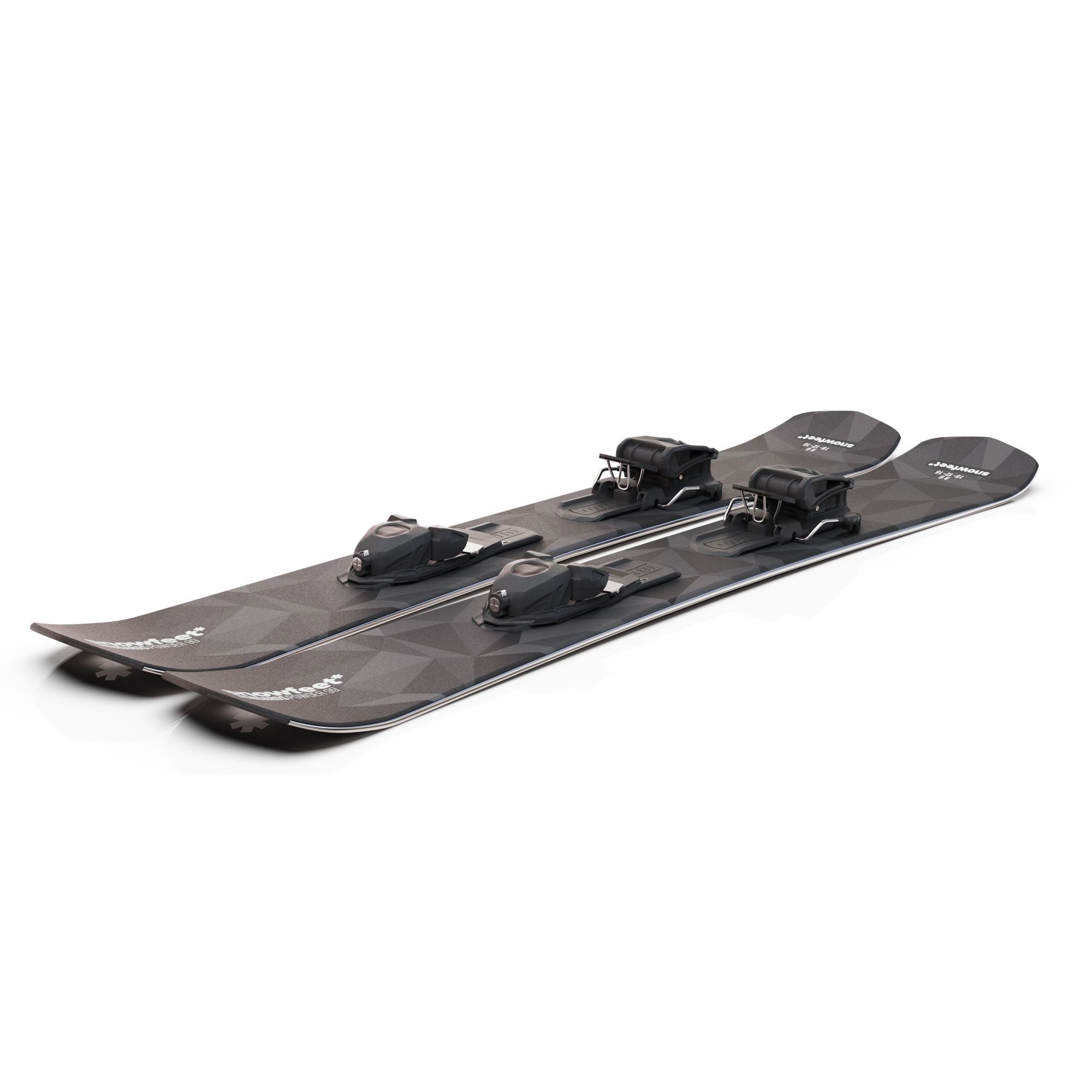
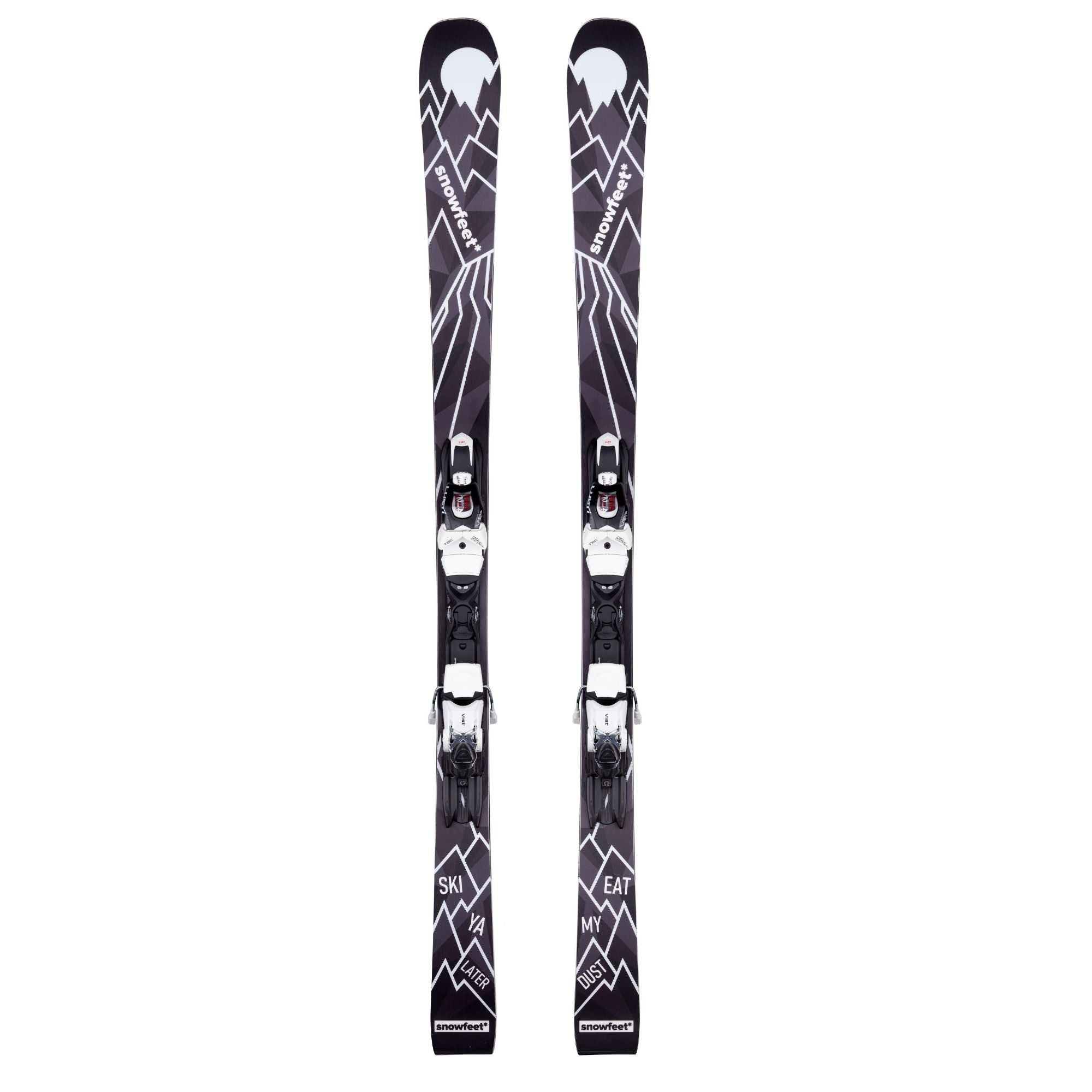
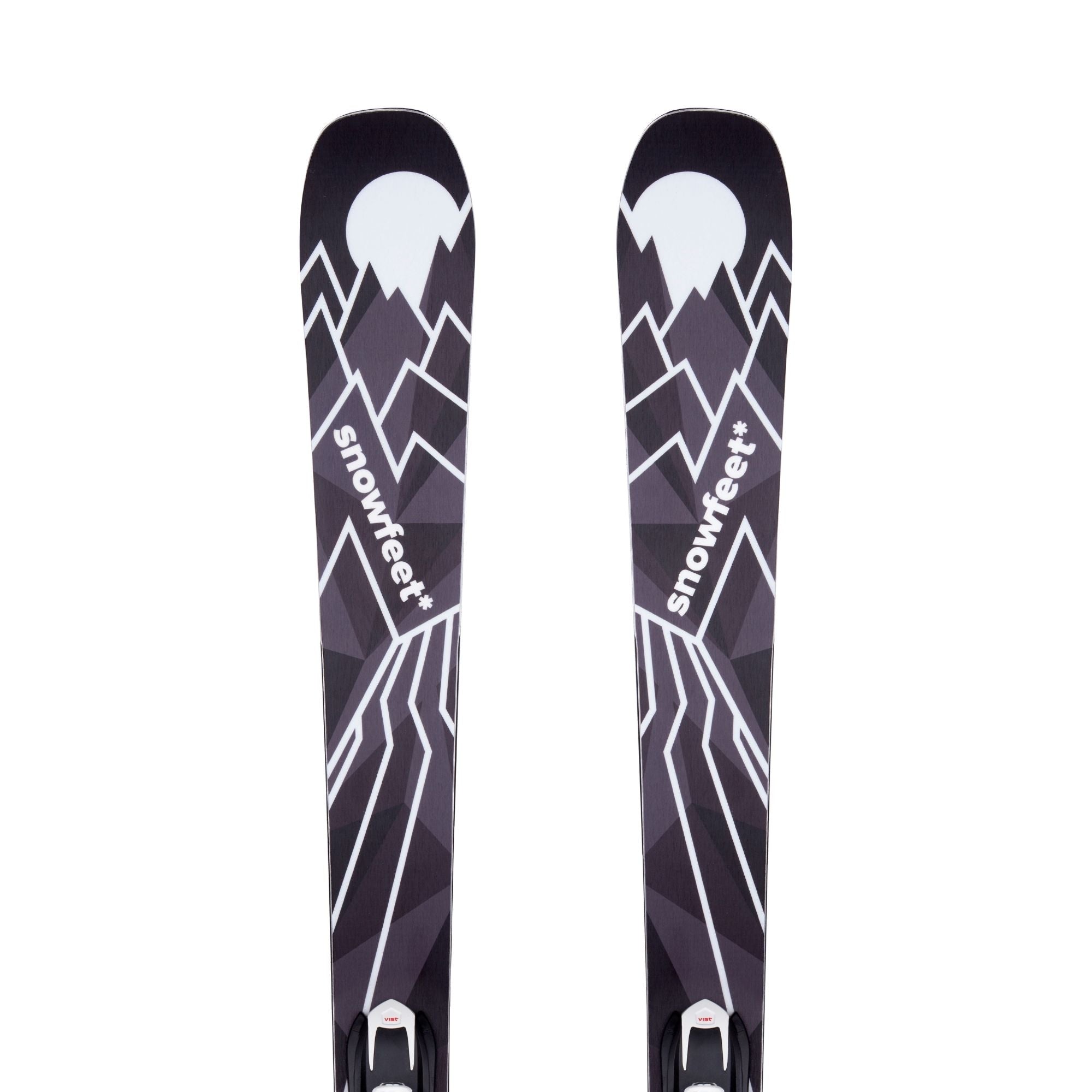
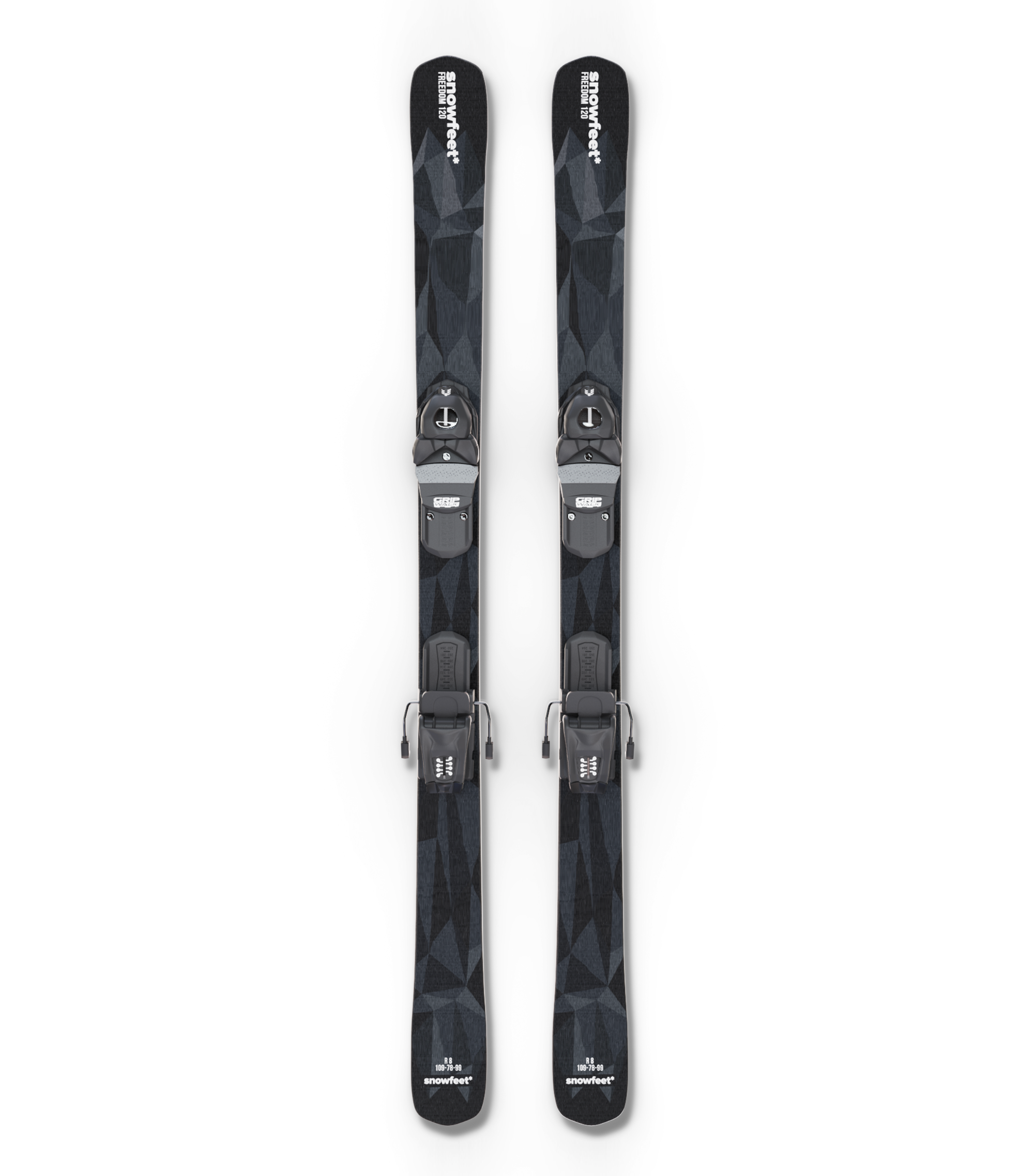
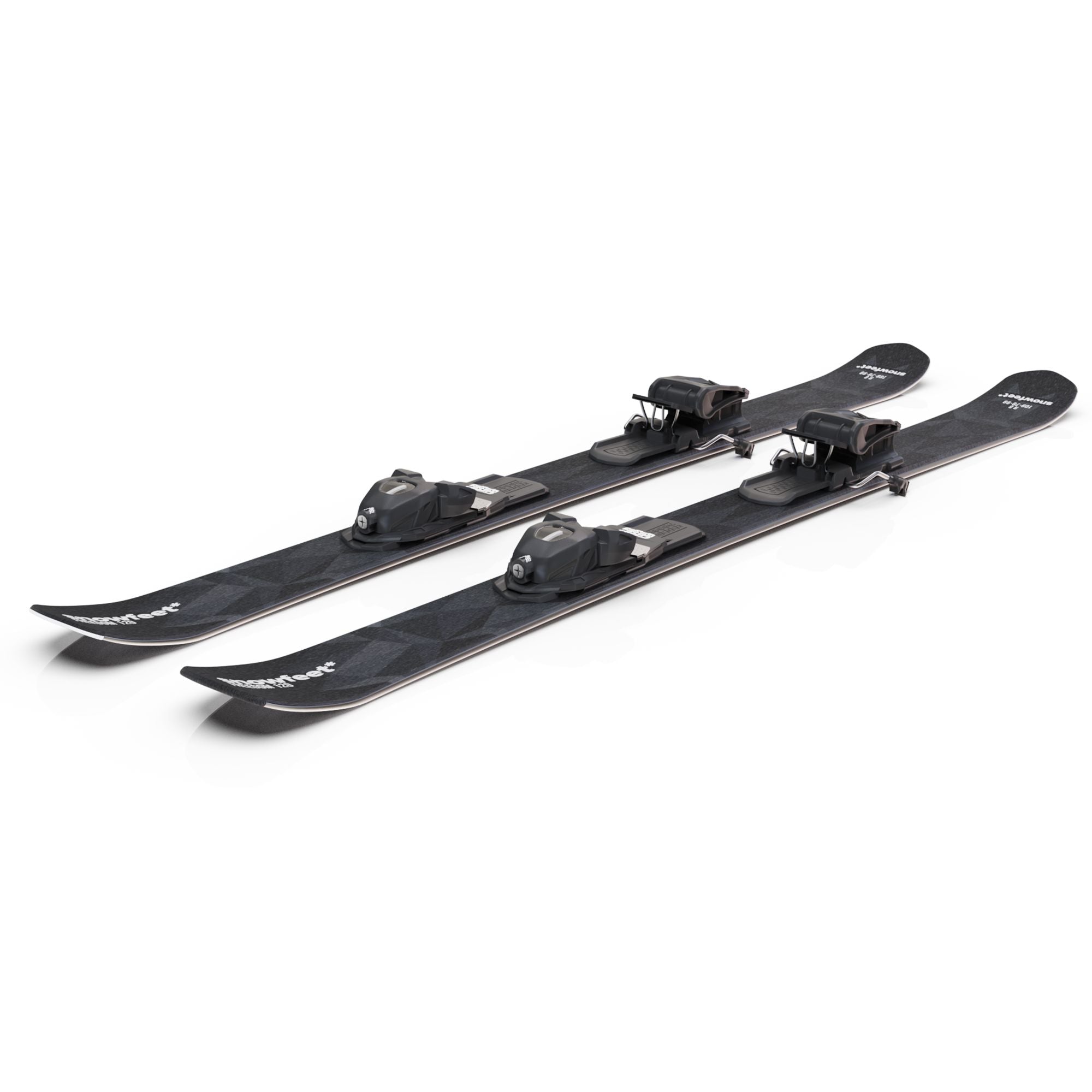
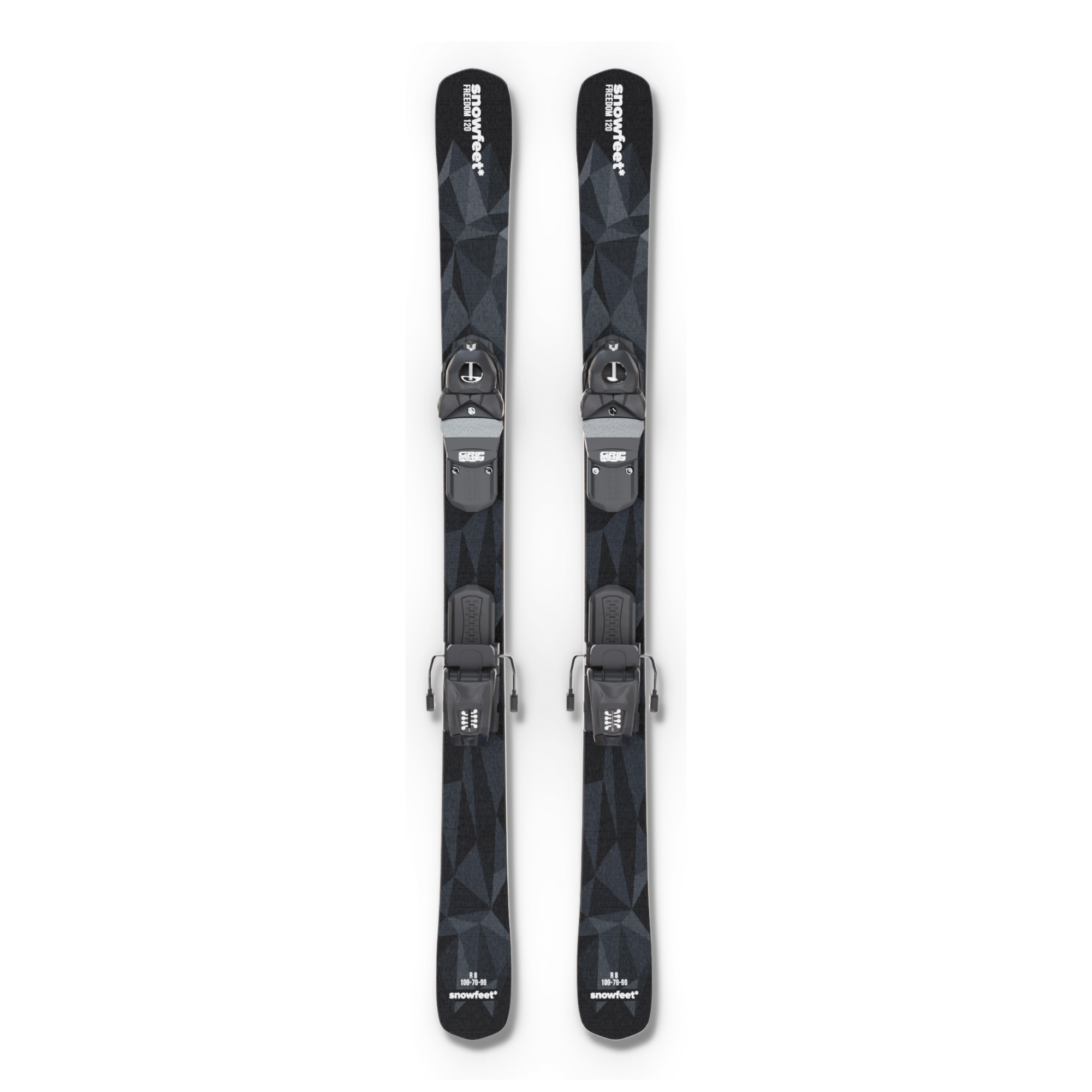
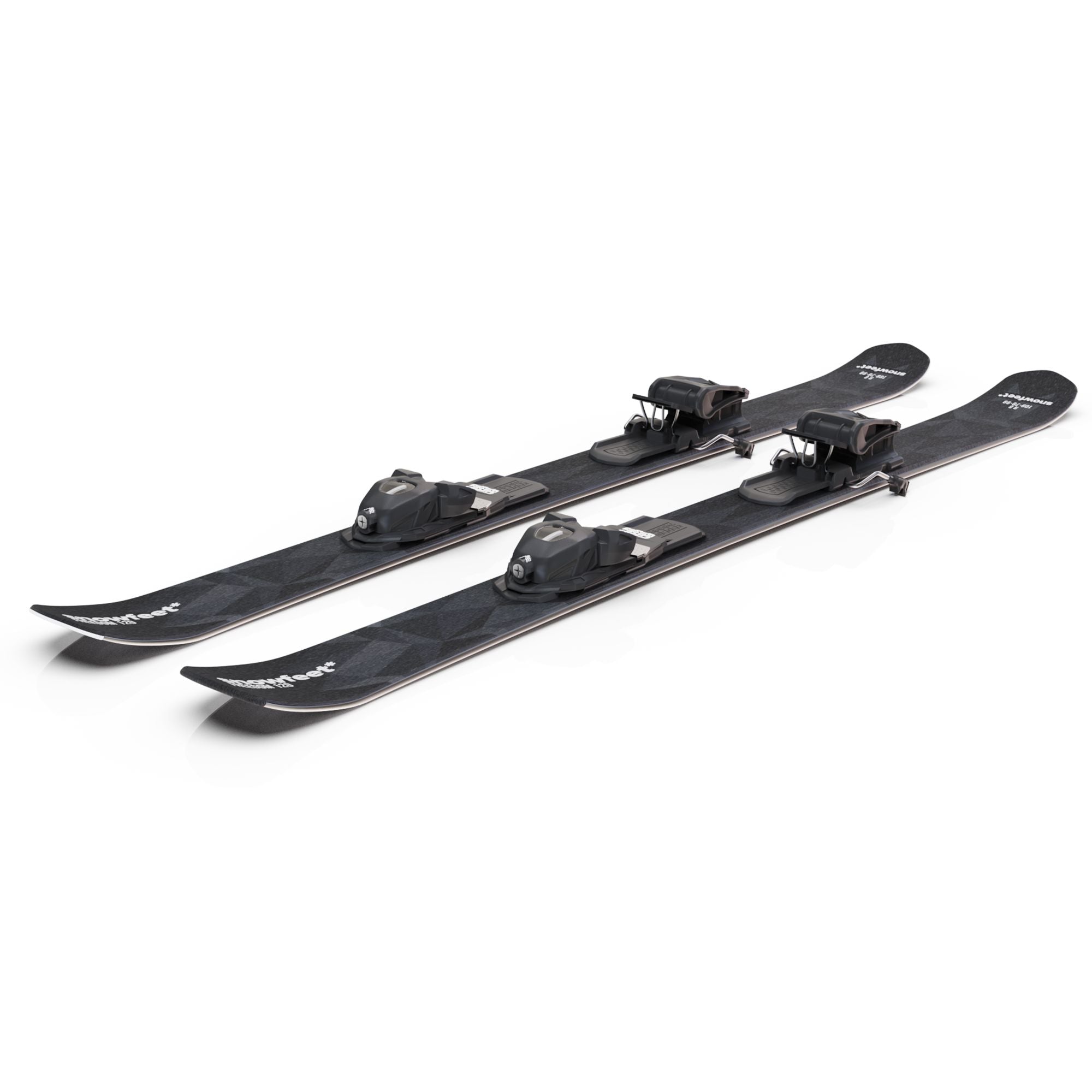
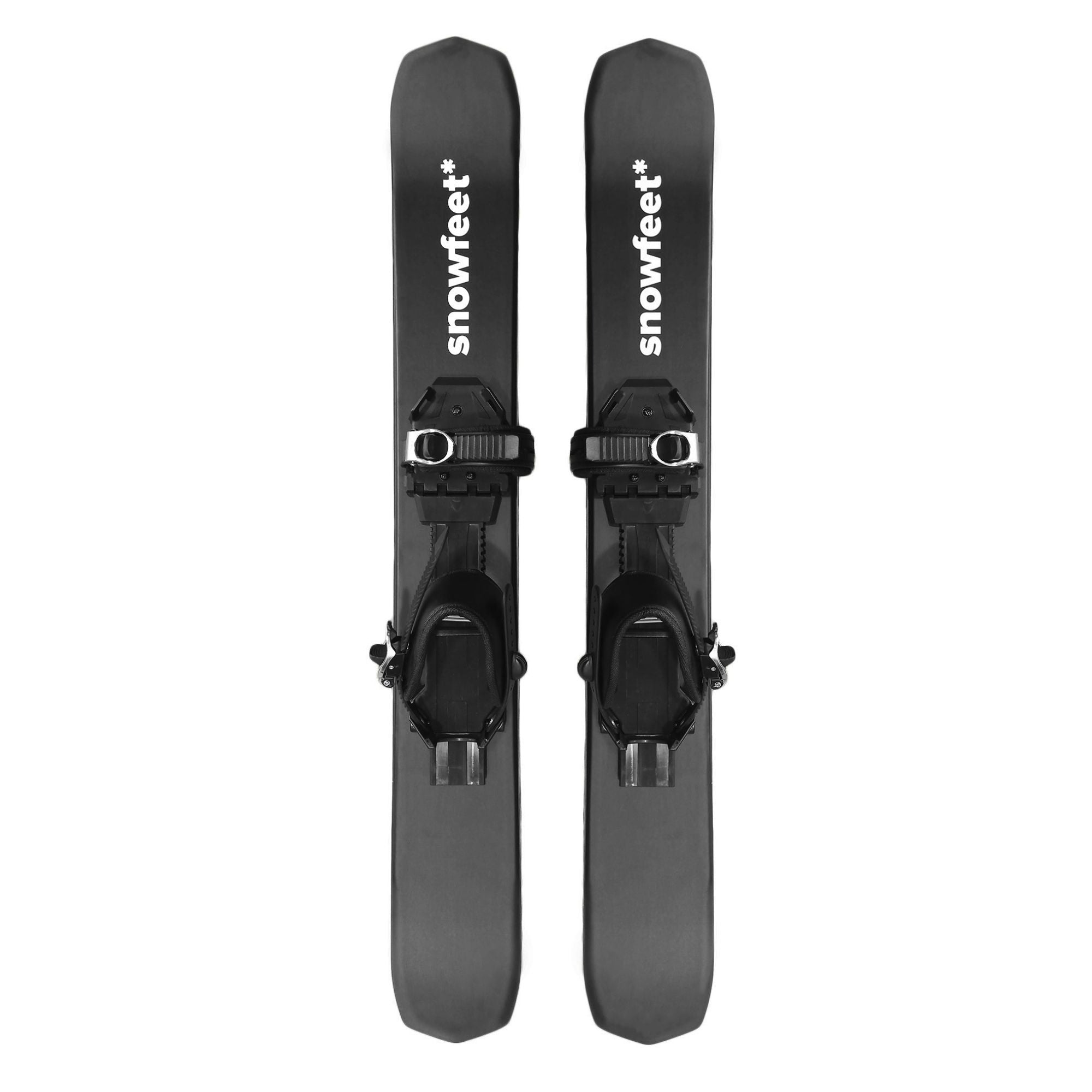
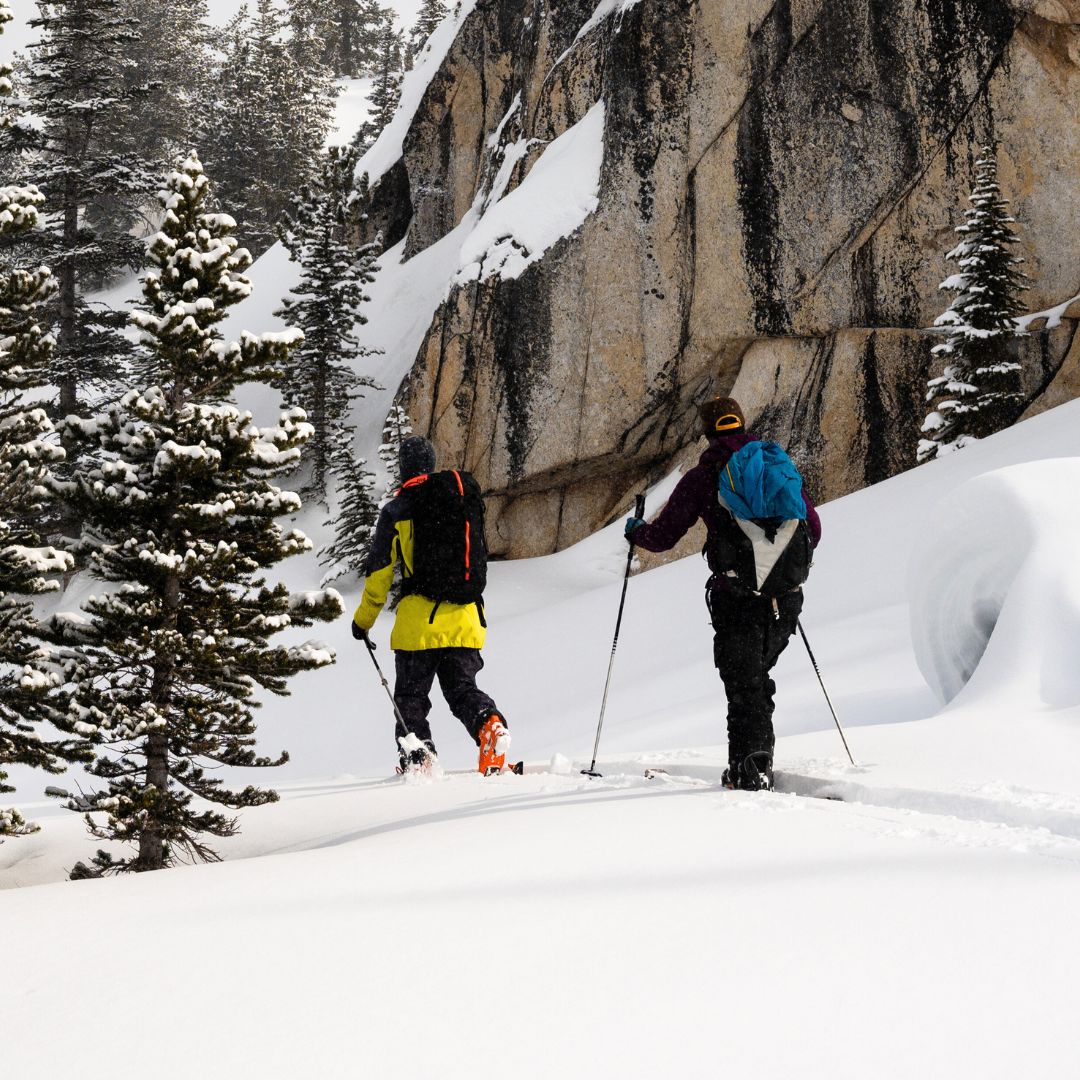
コメントを書く
このサイトはreCAPTCHAによって保護されており、Googleプライバシーポリシーおよび利用規約が適用されます。